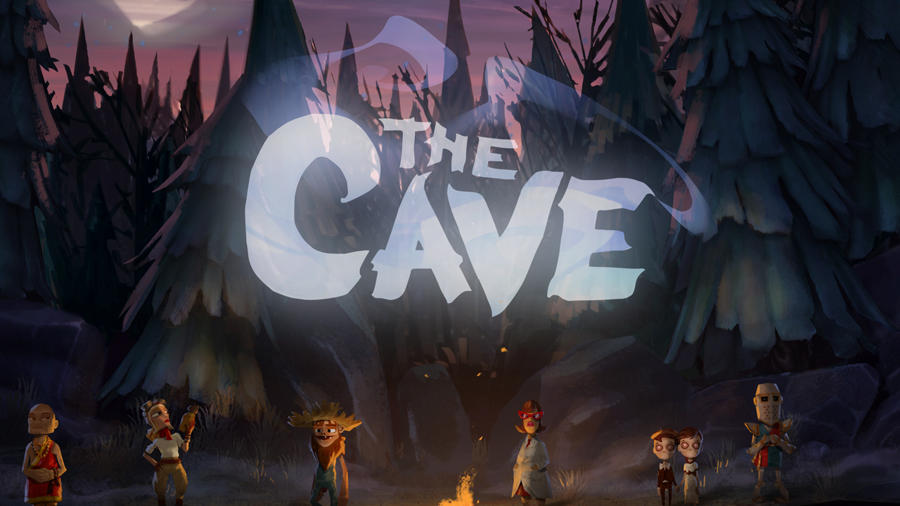

It’s reasonable to state that The Sims is the most popular series that nobody seems to want to own, but everybody ends up playing. It consistently sells in such large quantities that it must be a guilty pleasure for a LOT of people — after all, it is “the best-selling PC game in history”, apparently. For those that do admit to loving the series, a new core game is a big event.
For those living under a rock, The Sims was first released in the year 2000 as a simulation game in which players created a character, designed a home for them to live in, and then guided them through their lifetime while attending to their needs. There was (and still is) no set end goal — much like life itself — and players would try to advance their Sim through a career in order to earn enough money to improve their home, amongst other pursuits.
The Sims 2 expanded on personality traits and added aspirations to provide more concrete goals for players to strive for, while The Sims 3 provided a somewhat seamless neighbourhood for the Sims to exist in. In short, each iteration expands on the core gameplay and results in a better experience for the player, regardless of what the naysayers might suggest.
The Sims 4 is no different. The main change here is in regards to the addition of emotions, which are modified or in some cases even caused by personality traits — certain traits result in a tendency towards a certain emotion. This has a rather large effect on gameplay, as emotions can have either a positive or negative effect on certain activities. For example, a Sim has taken a job as a professional criminal, so he or she will need to improve their Athletic skill in order to advance in their career. Doing so adds the gloomy trait to this Sim, which in turn makes them more susceptible to Sadness.
In order to improve the Athletic skill, the Sim will need to undertake a specific task — exercise, or reading a book on Athletics, for example — over a period of time; a Sad Sim will not be too keen to undertake this task. Essentially, emotions are either another need for players to attend to, for negative emotions, or a boon that players need to try to affect in order to gain other bonuses, for positive emotions.
A second major improvement is in regards to design — not only of the Sims themselves, but also of the house they live in. Everything has been severely simplified, allowing for a simple click-and-drag to design rooms and shape Sims, while even allowing for players to pick up an entire room and move it around, with the house adapting to these changes automatically.
This functionality is really rather impressive, and made what used to be a chore — for those like myself with no design skills — into a very simple task. And with the added ability to share everything via an online gallery, from full houses to individual rooms, there’s quite a lot of fun to be had in design.
The rest of the game remains somewhat true to previous iterations, though these elements have been propelled into the modern era. Keep in mind that the last core title was released in 2006; this was a time when tablets didn’t exist, and mobile phones were only starting to move away from dumb phones to modern iOS and Android Smartphones. In previous titles, there was a need for a wall phone in each home, and mobile phones were infrequently used. Job searching was performed via a newspaper, which was delivered daily.
Stat improvements were often via books and computers. The Sims 4 has modernised much of this; the computer and mobile phone — even tablets — are integral to a players ability to get things done quickly, and newspapers are a thing of the past. One thing that perplexed me though: the letterbox used to be a fairly important aspect of the game, with frequent letters delivered… not to mention bills. Now, it feels almost pointless. Lastly, there’s the new online gallery described previously. The Sims 3 was very clunky in terms of its online integration, but this new game is a much more seamlessly-connected title.
There has been some controversy around The Sims 4, with long-term fans complaining about the removal of certain aspects that were available in previous titles. Personally, I didn’t find that any missing aspect actually impaired my enjoyment of the game in any way, and I’m certain that some of these aspects will be added in either an update or an expansion. And herein lies the problem: The Sims is big business. It’s a platform that has been designed to make money not only from the core game, but also from the many expansions and designer packs that are released over time — The Sims 2 had 17 add-ons, while The Sims 3 had 20. It’s not a major issue on it’s own — again, it is business after all — but every new core Sims title always feels so bare, and The Sims 4 is again no different.
In all areas, the options on display feel somewhat limited. For example, the choice of furniture looks great at first, but pales in comparison to what has been on offer previously. The neighborhood has most of what players will need to give their Sims a full life, but even that seems a little plain in terms of the types of locations on offer. Every corner of the newly simplified GUI seems to include a placeholder for items to be added at a later date — it’s pervasive and sticks out like a sore thumb.
As a result, while I’d have to say that this is clearly the best Sims title to date, I can really only recommend this to those new to the series, at this stage — though the game comes highly recommended in that case. For die-hard fans though, things currently feel a little bare; it might pay to wait for some additional content. If you’re on the fence, I’d say it’s worth a look-in — as with every simulation game the replay factor is quite high, and I very much enjoyed my time through the life and death of several characters, regardless of features yet to come.




 Shenmue III has raised 6.3 million dollars on Kickstarter. Now...we wait
Shenmue III has raised 6.3 million dollars on Kickstarter. Now...we wait Assassin’s Creed: Unity guide – Sequence 2 Memory 2: Rebirth – Investigate Sainte-Chapelle
Assassin’s Creed: Unity guide – Sequence 2 Memory 2: Rebirth – Investigate Sainte-Chapelle Sonys PSN compensation: is it enough?
Sonys PSN compensation: is it enough? Destiny: The Taken King – how to beat the Project S.A.B.E.R. Strike
Destiny: The Taken King – how to beat the Project S.A.B.E.R. Strike Diablo 3 Act 1 Event Locations
Diablo 3 Act 1 Event Locations